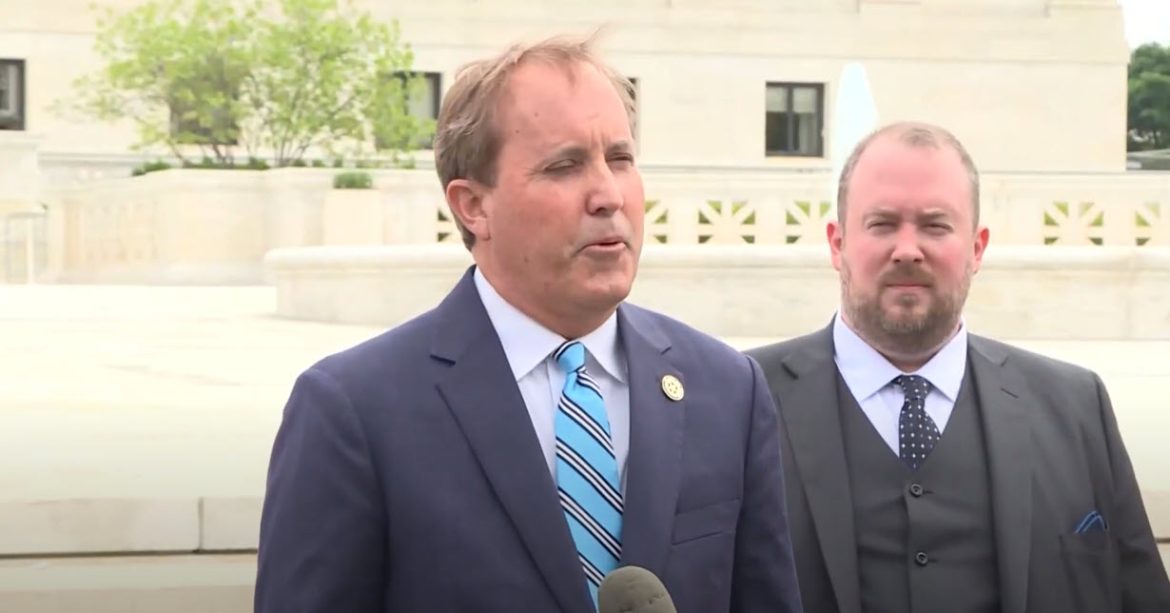Catholic bishops in Texas are vocally opposing recent efforts by the state attorney general to target illegal immigrants and those who provide them assistance. The conflict centers around the Annunciation House, a shelter affiliated with the Roman Catholic Church located in El Paso.
Reverend Mark Seitz of El Paso has publicly condemned Attorney General Ken Paxton’s move to shut down the Annunciation House. Paxton has filed a court motion asking a state judge to revoke the shelter’s registration, alleging that it facilitates illegal immigration. This accusation has been strongly denied by the Archbishop and other church leaders, who insist that the shelter provides humanitarian aid to those in need.
Reverend Seitz described the attorney general’s characterization of the Annunciation House as a “stash house” as both insulting and misguided. He emphasized that the shelter’s mission is to offer support and refuge to vulnerable individuals, and not to engage in any illegal activities. The use of the term “stash house” implies a criminal operation, which church leaders argue is a gross misrepresentation of their work.
The Annunciation House has a long history of assisting migrants and asylum seekers, providing shelter, food, and other essential services. The recent legal actions against it have sparked a broader debate about the role of religious organizations in supporting immigrant communities and the state’s approach to immigration enforcement.
Catholic bishops across Texas are rallying behind the Annunciation House, asserting that the actions of the attorney general not only misrepresent the shelter’s activities but also undermine the fundamental principles of compassion and service that guide their work. They call for a more humane and just approach to immigration issues, one that respects the dignity and rights of all individuals.
As the legal battle unfolds, the situation remains tense, with the Catholic Church standing firm in its defense of the Annunciation House and its mission. The outcome of this case could have significant implications for similar shelters and the broader immigrant community in Texas.



